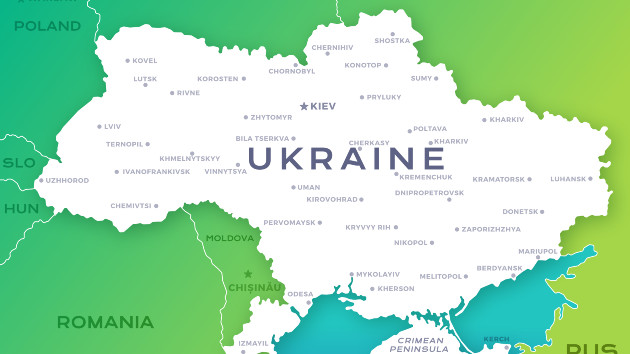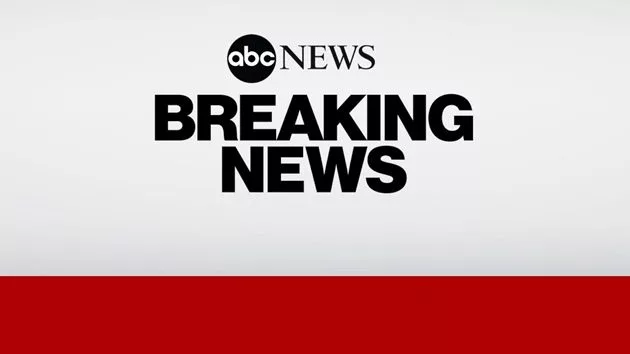
(NEW YORK) — Amid the ongoing humanitarian crisis that has unfolded in the weeks since Russia invaded Ukraine, education advocates are working to ensure Ukraine’s displaced children are not forgotten.
More than 4.6 million people have fled Ukraine to neighboring countries since the invasion began, according to data from the United Nations High Commissioner for Refugees. They have primarily fled to Poland, as well as Romania, Hungary, Russia and Moldova, which, like Ukraine, declared its independence from the Soviet Union in 1991.
Though one of the poorest countries in Europe, Moldova has welcomed the equivalent of 15% of its population in a matter of weeks, with over 415,000 fleeing there from Ukraine, according to the U.N.
Many refugees have moved on to other European countries, though about 100,000 remain in the country currently, according to Education Cannot Wait, the United Nation’s global fund for education in emergencies. Of those, 50,000 are school-aged children. Only 1,800 of those children are currently enrolled in school in Moldova, the organization said.
As Moldova welcomes refugees, the educational needs are “enormous” and its educational capacity is “overstretched” and “strained,” Yasmine Sherif, director of Education Cannot Wait, told ABC News.
The needs, she said, include teachers who can not only meet the demand, but also address language barriers — the official language of Moldova is Romanian, while most people in Ukraine speak Ukrainian. Teachers who are trained to address the mental health needs of the refugees, who may be suffering from post-traumatic stress disorder, are another.
Sherif, who visited Moldova this week to visit schools and talk with local officials and refugees, recalled meeting a mother who fled from Odessa with her two daughters.
“The mother broke down crying, and her daughters seemed also very traumatized from the experience,” she said. “On top of her mind is not her own suffering but how she can ensure that her daughters feel safe and that they can continue their schooling.”
Ukraine’s Ministry of Education and Science has coordinated online lessons, though comprehensive remote learning for refugees is also challenging due to damaged infrastructure across Ukraine and impacts on teachers, Sherif said. More than 900 education facilities in Ukraine have been destroyed or damaged during the fighting, according to Education Cannot Wait.
The demands on Moldova may only continue to grow, with a second wave of refugees possible as the conflict continues, Sherif said.
Education Cannot Wait announced on Wednesday a $1.5 million grant to support the educational response to the refugee crisis in Moldova that will be delivered in partnership with the government of Moldova, which has developed a framework for the schooling of refugees, including those who have applied for asylum.
Sherif said the funding could go toward rehabilitating educational facilities and training teachers who speak Ukrainian, including refugees.
Amid the refugee crisis, Theirworld, a global children’s education charity, said it plans to announce additional funding to “support refugee education projects in the coming weeks, harnessing its experiences from other emergencies, and campaigning to ensure donors invest 10% of the humanitarian response funding into education,” the organization’s president, Justin van Fleet, said in a statement.
UNICEF is also working to help refugees “reclaim their learning experience, in a safe and supportive environment, nurturing their resilience against the traumas of war,” UNICEF Representative to Moldova Maha Damaj said in a statement. The organization has set up support centers for families along refugee transit routes that provide services, including psychological counseling and support and child-friendly spaces.
Disruption to education can have lasting impacts, with girls especially vulnerable to human trafficking, Sherif said.
“Education gives you a chance as a girl to be empowered, and for both girls and boys, it offers a very protective environment,” she said.
It also provides the mental health and social services crucial for children, especially those who are refugees.
“Without that, it’s very difficult to start anew,” Sherif said.
Copyright © 2022, ABC Audio. All rights reserved.







